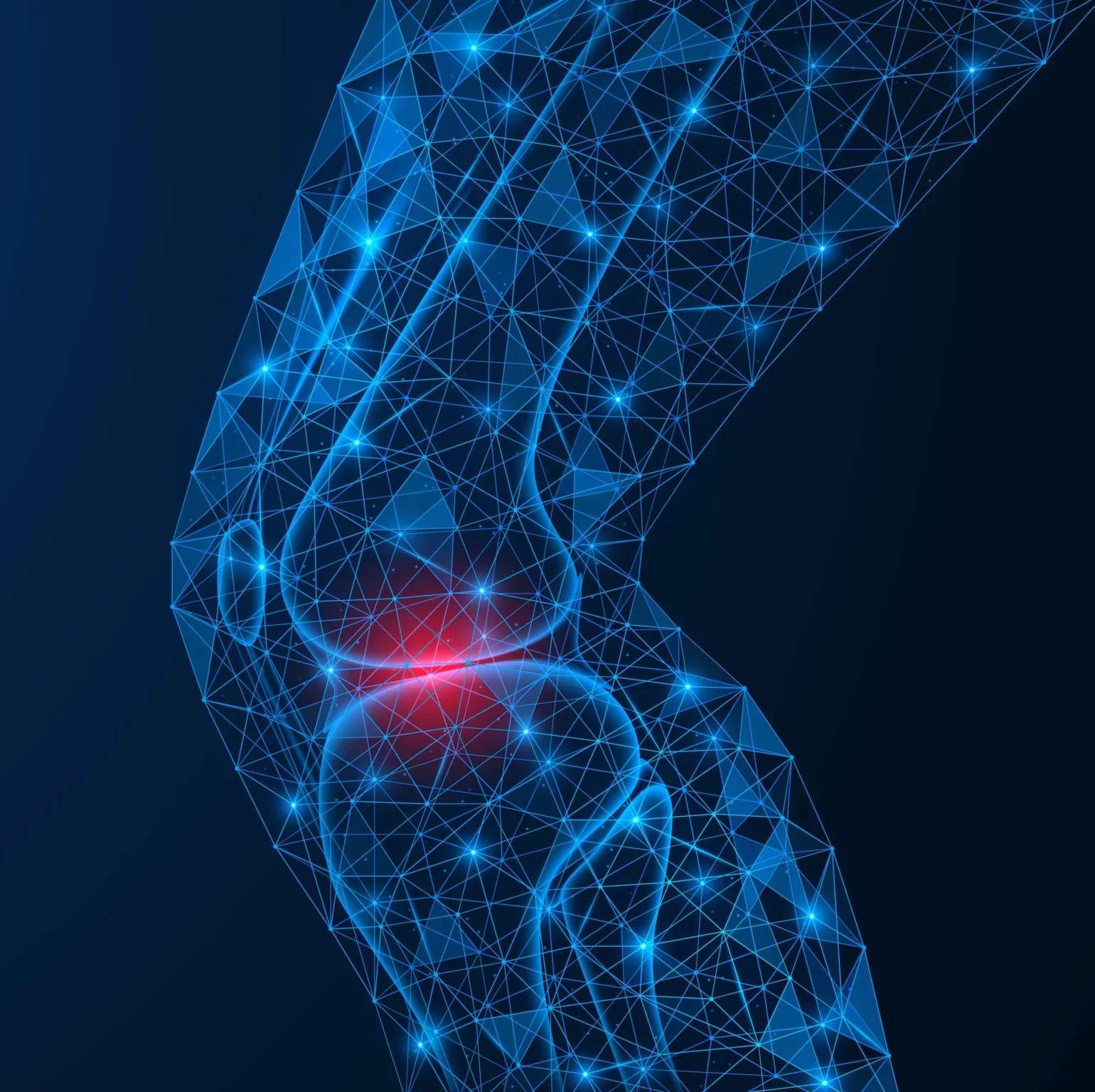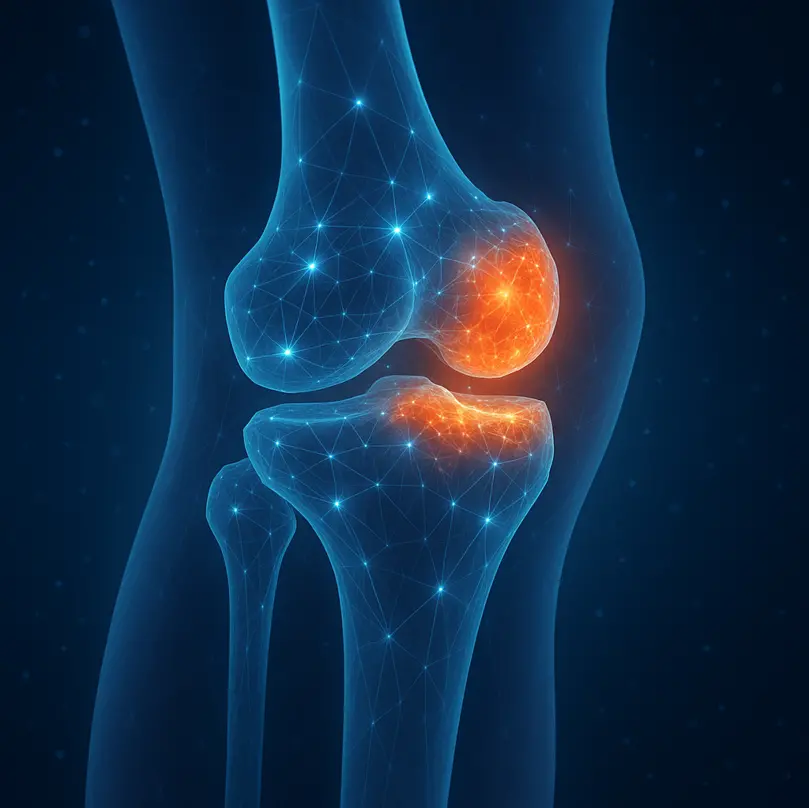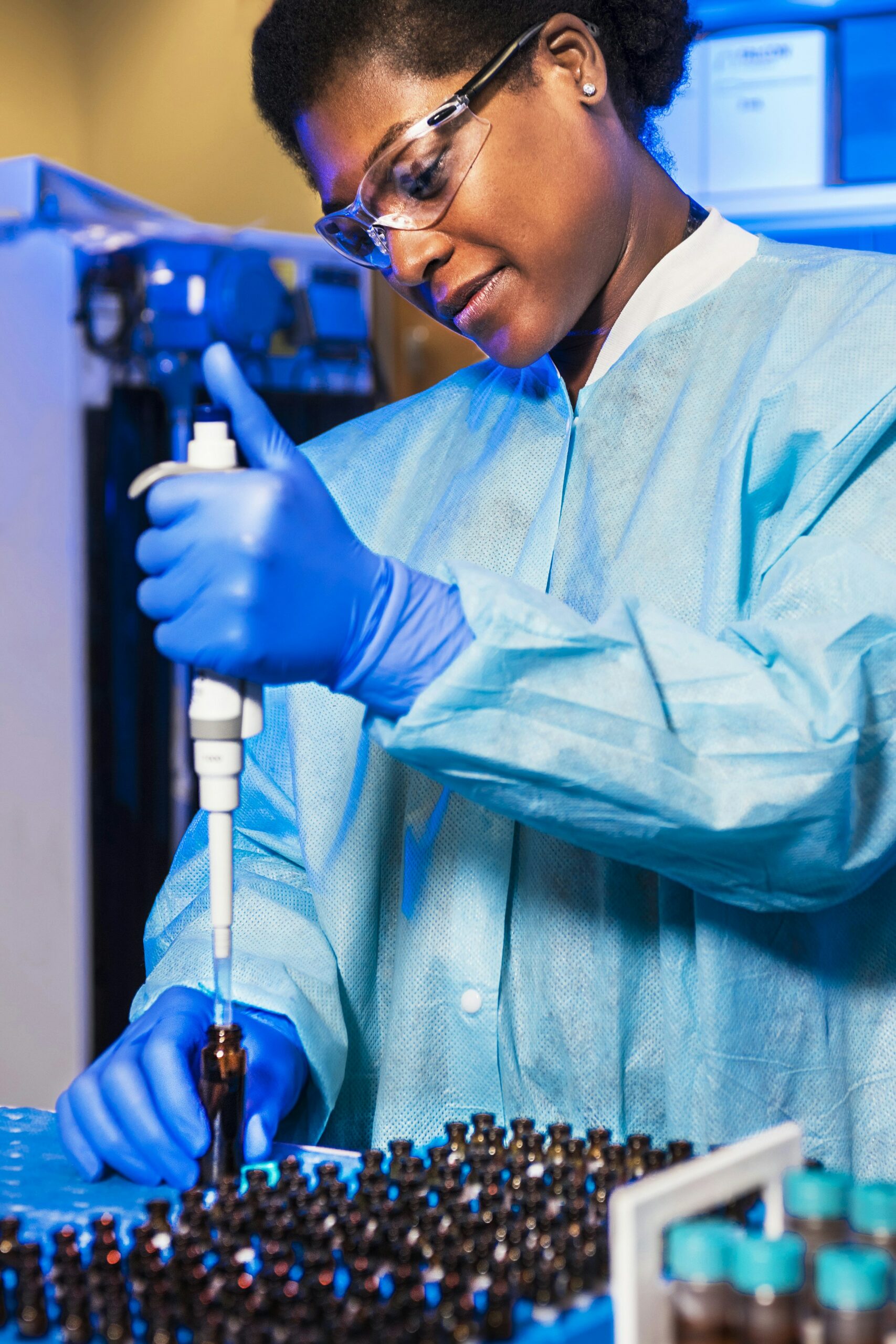Rheumatoid arthritis is a chronic autoimmune joint disease caused by the body’s immune system mistakenly attacking the body’s own joints.
Rheumatoid arthritis is characterized by inflammation at the lining of the joints, causing painful swelling which can eventually result in bone erosions and joint deformity, if left untreated.
The disease can also cause damage to a wide variety of other body systems, including lungs, skin, eyes, heart, blood vessels and others.






